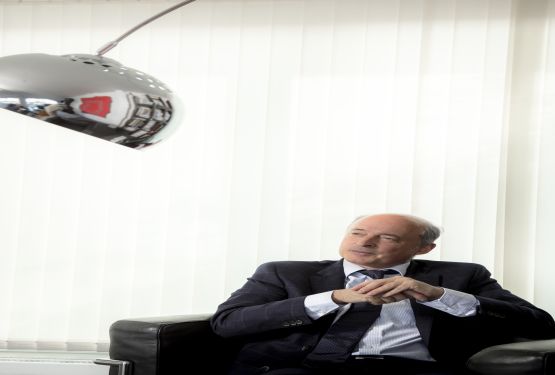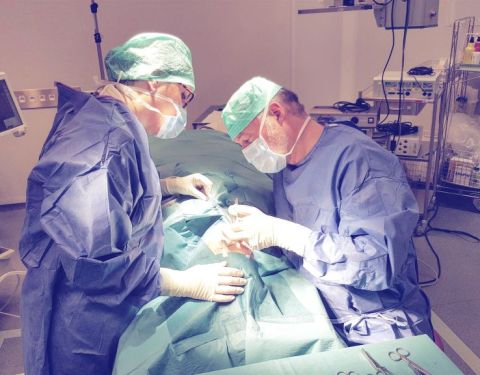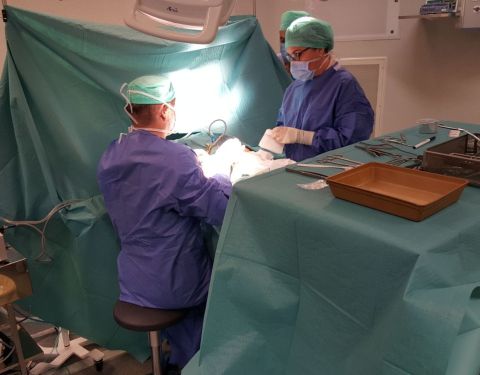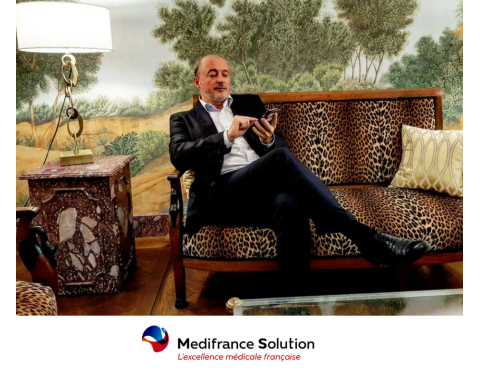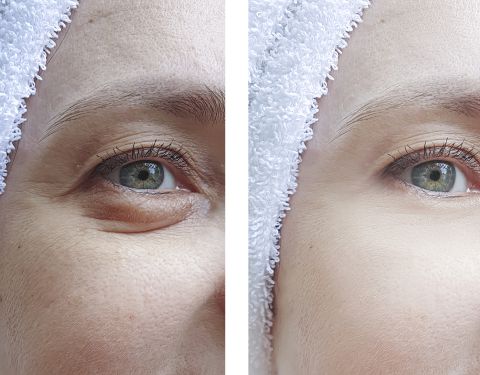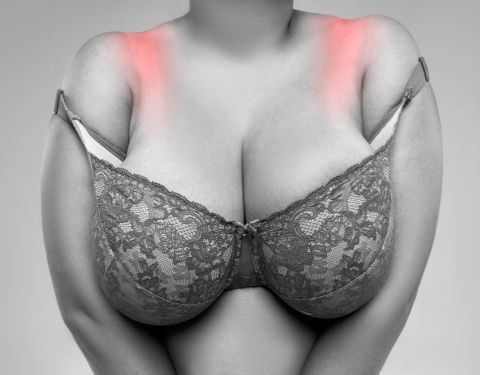We have long promised to tell our readers more about the unique man, plastic surgeon Jean Louis Durand. Today is that day. We will do this in a rather unusual way. The article will be in the form of an interview in which Jean Louis will answer questions that interest us.
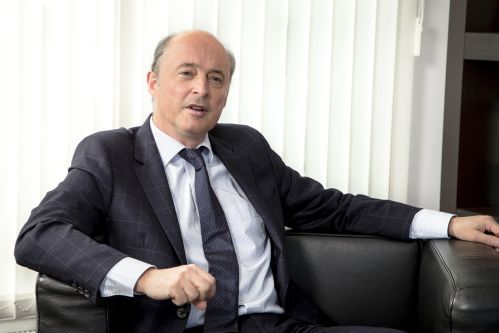
Plastic surgeon Jean Louis Durand: Questions and Answers
Monsieur Durand, in all ages, man aspired to find a way to preserve youth and beauty. But, unfortunately, unsuccessfully – until plastic surgery has appeared.
Do you think that plastic surgery is able to stop the time?
Jean-Louis Durand: Since ancient times, alchemists and magicians have tried to find the magic elixir of youth and stop the time, but only plastic surgery was able to do this. In addition, people are often unhappy with their appearance, they want to remake themselves in accordance with some fashionable standards.
Aesthetic surgery can solve a large number of issues related not only to the appearance of a person. As a rule, external changes entail changes in the inner world: a person becomes more confident and less complex, his self-evaluation rises, personal life, and professional activity change positively.
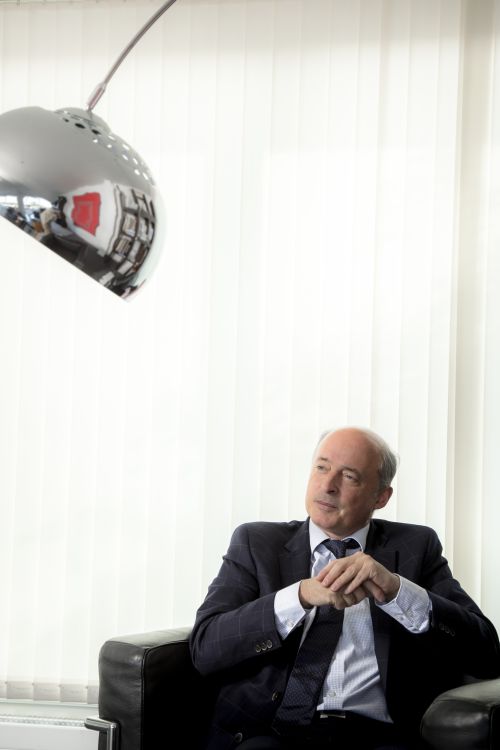
French plastic surgery is traditionally famous all over the world. Why?
J.-L. D.: From all over the world, people go for plastic surgery to France, because they want to get a perfect result. In addition to guaranteeing excellent quality and results, the popularity of plastic surgery in France is enhanced by such advantages as high-quality equipment and highly qualified staff.
Even anesthesia itself can be dangerous, especially for aging or those with health problems. Therefore, it is very important that in case of problems the team of anesthesiologists be able to react adequately and in time.
However, highly qualified staff and equipment are available not only in France. Why is France so attractive for those who want to change their appearance?
J.-L. D.: Do not forget about such reason as confidentiality. It is easier for a public figure to go to another country to protect his private life. In addition, France is one of the few countries in which plastic surgery is subject to VAT, but for a foreign patient, this is not a problem, as there is a possibility of refunding paid VAT on departure from the country.

How does your clinic work with foreign clients?
J.-L. D.: In order to receive foreign clients at the highest level, we have people who speak many languages, including Russian. We also develop the site in English and Russian. At the disposal of our clients is a small guest house where patients can stay with their families during rehabilitation.
What do you think about the various fashion trends in plastic surgery?
J.-L. D.: I’m very fond of classical art, I like the elegance and accuracy of lines, no-frills.
Probably, that’s why for me plastic surgery is to some extent the creation of a masterpiece. And in my work, I also adhere to the classics, at the same time I do not miss new trends.
For example, recently one of the most popular operations among both women and men is the removal of lumps of Bish. This operation is carried out through small incisions in the mouth and allows you to get the famous cheekbones of Angelina Jolie.
New and proven technologies, such as fat transplantation are also popular. This technology allows patients to kill two birds with one stone: remove some fat from the thighs and move it to the breast. Thus, a woman gets a natural breast shape and avoids implantation of a foreign body. Patients are increasingly resorting to microtransplantation of fat when the fat layer of the client is used even to increase the lips.
Monsieur Durand, you are widely known for your very neat stitches, which become almost invisible over time. Your work is often called “couture stitches.” Apart from aesthetic surgery what is your another occupation?
J.-L. D.: Yes, apart from plastic surgery, I practice quite actively in the field of restorative surgery. It is the correction of unsuccessful operations or the consequences of accidents when the faces and bodies were injured.
Such operations are priceless for people with serious external defects or pathologies since they help them become full members of society. In reconstructive operations, it is important to make an ideal comparison of the edges of the wounds, and the most invisible postoperative stitches.
What operations do you like most? Do you have favorite operations?
J.-L. D.: Initially, I am an expert in the field of craniofacial surgery, I am particularly interested in facelift operations.
Interestingly, contrary to popular belief, not only women but also men come to me for such a correction. Most often, these are men whose status simply obliges to look good.
I like working with men because in these cases the result should be as natural as possible. In addition, I love, so to speak, intellectual operations, when you need, for example, to think about the best way to achieve the best result.
Which operations are the most difficult for you?
J.-L. D.: One of the most complicated operations is tubular breast correction, when the mammary glands are formed not in the form of a hemisphere, but formed in the form of a tube.
There are also difficulties in restoring the breast of cancer patients: since there is practically no skin left after the mastectomy, and the primary goal is to make the breast look maximally natural and aesthetic, sometimes it is necessary to take a part of the skin from the abdominal region.
What operations are in greatest demand today?
J.-L. D.: Operations on the body: breast, liposuction, body lift, lipofilling. Strange as it may seem, people are more and more indifferent to the fact that they are getting old – they care about their bodies. Despite the age, the body must speak for you – and this is a characteristic of the 21st century.

Did you have any special, unique operations in your practice?
J.-L. D.: We follow the rules, we do what we were taught, for example, with regard to the stitches, this is called “stick to the aesthetic elements”: the surgeon cannot make the stitch where he wants, there is a clear roadmap.
Then we already use our individual “gadgets” and secrets, but main actions are performed according to the instructions. I have a special technique for restoring the facial part with free valves, and in this, I am some kind of a pioneer.
I once had an unprecedented and very successful operation to restore the face of the patient, whose tumor was located on the entire face.
Do you have to redo someone else’s poor-quality work and how often?
J.-L. D.: Of course, every surgeon can have problems, even a very good one, but the best surgeon’s characteristic is that he can guarantee recovery in case of a “failure”.
Very often problems arise because there was a misunderstanding between the surgeon and the patient:
the client could not explain, the surgeon could not understand. That is why it is very important to give enough time to each patient on a preliminary admission.
In Europe and America, there are many good and sought-after surgeons who, unfortunately, have stopped giving enough time to communicate with patients beforehand. They see them a couple of hours before the operation, and in such a situation, the risk of misunderstanding increases.
Tell me please, do patients usually come to a particular plastic surgeon or just to a clinic?
J.-L. D.: Of course to the surgeon. For example, one of the greatest luminaries in the field of plastic surgery, Paul Tessier, the founding father of craniofacial surgery, worked in a small nondescript clinic in Paris.
There are specialists who are famous for very neat stitches, and, of course, the patient will go to this surgeon to get such stitches.
What principles do you follow in your work?
J.-L. D.: The result of the surgeon’s work should look natural, and only this will always be in vogue.
I am absolutely against excesses and noticed the trend: French women often request that the changes look as natural as possible.
They ask for a small form of the breast prosthesis, while Spanish or American women want large breast implants and noses with an upturned tip. I do what the patients want, but I am, as a man, will always like naturalness.
What should be, in your opinion, the ideal result of the operation?
J.-L. D.: For me, the main thing is the satisfaction of the patient. We do not work to please ourselves, we work to please our patients.
Sometimes I personally do not like the result, but the patient likes it, and I’m happy. Matching customer expectations is the ideal result.
Is it easy to get into your clinic?
J.-L. D.: The clinic Pole Sante Sud, where I operate, is located in the city of Le Mans – and this is a multifunctional clinic, in which there are many departments, including neurosurgery and cardiology.
We are asked to comply strictly with the European safety standards in the training of medical staff and equipment. And we are always glad to accept new customers. After all, the most pleasant words that I’m ready to hear again and again: “You have made my life better.”
“People are more and more indifferent to the fact that they are getting old – they care about their bodies. Despite the age, the body must speak for you – and this is a characteristic of the 21st century”.




